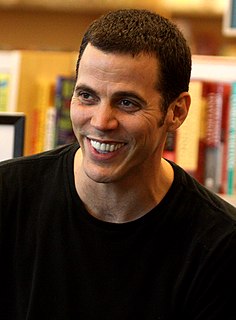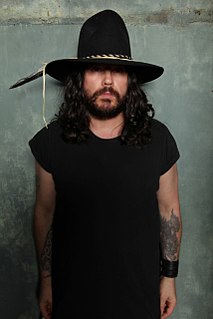A Quote by Ella Baker
I think that Walter's [White] whole career is indicative of a large degree of egocentricity. Perhaps to be generous, you would have to say that he was a product of his period, which was that of self-projection in the name of organizational interest.
Related Quotes
Eleanor Roosevelt fights for an anti-lynch law with the NAACP, with Walter White and Mary McLeod Bethune. And she begs FDR to say one word, say one word to prevent a filibuster or to end a filibuster. From '34 to '35 to '36 to '37 to '38, it comes up again and again, and FDR doesn't say one word. And the correspondence between them that we have, I mean, she says, "I cannot believe you're not going to say one word." And she writes to Walter White, "I've asked FDR to say one word. Perhaps he will." But he doesn't. And these become very bitter disagreements.
I don't think that the leadership of Montgomery was prepared to capitalize, let's put it, on the projection that had come out of the Montgomery situation. Certainly, they had not reached the point of developing an organizational format for the expansion of it. So discussions emanated, to a large extent, from up this way.
... Wild Bill had his faults, grievous ones, perhaps ... He would get drunk, gamble, and indulge in the general licentiousness characteristic of the border in the early days, yet even when full of the vile libel of the name of whiskey which was dealt over the bars at exorbitant prices, he was gentle as a child, unless aroused to anger by intended insults. ... He was loyal in his friendship, generous to a fault, and invariably espoused the cause of the weaker against the stronger one in a quarrel.
You know policy is driven purely in self interest. The Federal Reserve Bank and the commercial banks and the Wall Street banks are not acting in the interests of the population at large, they're acting purely in their own self-interest, which is a shame because they're actions dictate the reality for 300 million Americans. But they don't see it that way, they see it only as a way to preserve their own self-interest.
Go first to your Highest Thought about yourself. Imagine the you that you would be if you lived that thought every day. Imagine what you would think, do, and say, and how you would respond to what others would do and say. Do you see any difference between that projection and what you think, do, and say now?
I acknowledge that such a debt [of service to my fellow-citizens] exists, that a tour of duty in whatever line he can be most useful to his country, is due from every individual. It is not easy perhaps to say of what length exactly that tour should be, but we may safely say of what length it should not be. Not of our whole life, for instance, for that would be to be born a slave-not even of a very large portion of it.
Neither fear nor self-interest can convert the soul. They may change the appearance, perhaps even the conduct, but never the object of supreme desire... Fear is the motive which constrains the slave; greed binds the selfish man, by which he is tempted when he is drawn away by his own lust and enticed (James 1:14). But neither fear nor self-interest is undefiled, nor can they convert the soul. Only charity can convert the soul, freeing it from unworthy motives.
Perhaps, as we say in America, I wanted to find myself. This is an interesting phrase, not current as far as I know in the language of any other people, which certainly does not mean what it says but betrays a nagging suspicion that something has been misplaced. I think now that if I had any intimation that the self I was going to find would turn out to be only the same self from which I had spent so much time in flight, I would have stayed at home.
I did not disregard my culture, if I did, it was the white American culture, and I accepted my true culture, when I accepted Mohammed Ali, because this is a black name, Islam is the black man's religion, and so I would like to say, that I would like to clarify that point that I reclaimed my real culture, and that's being a black man and wearing a black name with a black body, and not a white name, so I would never say that I didn't disown my culture.




































